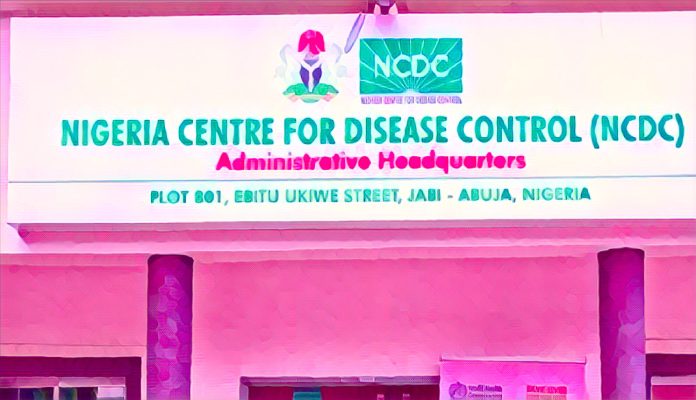Key Points
-
Meningitis cases and deaths surge in Nigeria during peak season.
-
NCDC deploys teams to conduct vaccination campaigns and offer free treatment.
-
Public urged to vaccinate and seek medical attention for early detection.
The Nigeria Centre for Disease Control and Prevention (NCDC) has raised alarms over the increasing number of meningitis cases across the country, highlighting the peak season between November and May.
As of March 26, 2025, there have been 807 suspected cases and 74 deaths reported across 22 states and the Federal Capital Territory (FCT).
NCDC Director-General Jide Idris expressed concerns about the rising cases, especially in Kebbi, Katsina, and Sokoto, which are the hardest-hit states.
“We are in the peak meningitis season, and the risk of transmission is high due to dry, dusty weather and overcrowding,” he said.
The NCDC has activated emergency response measures to curb the outbreak and prevent further fatalities.
Urgent measures in response to rising cases
Kebbi State has reported 248 suspected cases and 26 deaths since late January, with Gombe State also recording 70 suspected cases, 31 confirmed infections, and three deaths.
Mr. Idris emphasized the severity of the situation, urging residents to seek medical help if they experience symptoms.
“Meningitis is a deadly but preventable disease,” he said. He also advised anyone with symptoms such as high fever, stiff neck, or severe headaches to visit a health facility immediately.
Meningitis is a life-threatening infection caused by Neisseria meningitidis bacteria, which spreads through coughing, sneezing, and close contact.
Overcrowded areas, including schools and internally displaced person (IDP) camps, are at high risk.
Vaccination and public awareness key to control
To control the outbreak, the NCDC has deployed Rapid Response Teams (RRTs) to the affected states.
These teams are working with state governments to conduct mass vaccination campaigns, enhance surveillance, and provide free treatment in government hospitals.
According to Mr. Idris, Vaccination is the most effective defense against meningitis. He urged parents and community leaders to ensure at-risk individuals get vaccinated.
Additionally, he advised the public to avoid overcrowded areas, practice good hygiene, and seek immediate medical attention if symptoms appear.



